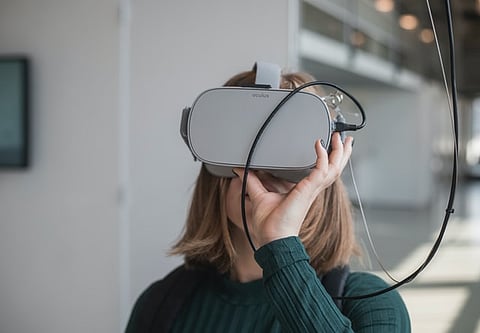"The improvements they reported suggest there's great potential for the use of VR and mobile phone apps as a means of self-guided treatment for people struggling with often-crippling phobias," said researcher Cameron Lacey, Associate Professor at the University of Otago.
For the study, the team included a total of 129 people, who took part in the six-week randomised, controlled trial, between May 2021 and December 2021, with a 12-week follow-up.
Participants needed to be aged between 18-64 years, and have a fear of flying, heights, needles, spiders, and dogs.


